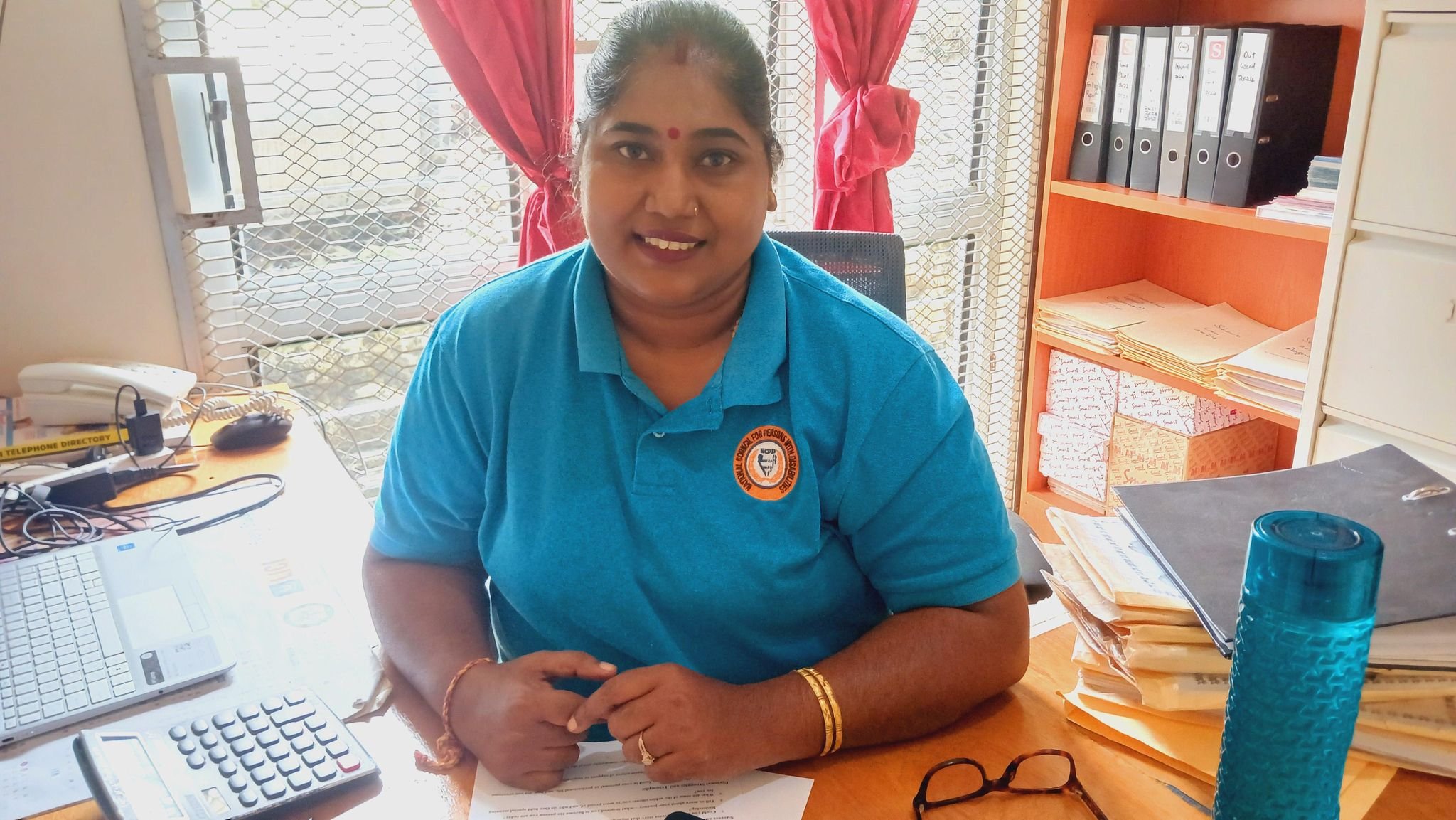Nothing about us without us; is more than a slogan for Monisha Rao—it is her firm call to
action as she passionately advocates for inclusivity for persons with disabilities.
Monisha has been with the Fiji National Council for Disabled Persons; Labasa Branch for
over 12 years. While reflecting on the International Day for Persons with Disabilities, she
emphasized,
“If you want to know about us (the challenges of disability), you have to come into our shoes”.
The International Day of Persons with Disabilities is commemorated annually on December
3rd . We highlight the day as part of the advocacy for 16 Days of Activism Against Gender-
Based Violence. This year’s theme, “Amplifying the Leadership of Persons with Disabilities for
an Inclusive and Sustainable Future”; highlights the critical need for the inclusion of persons
with disabilities in decision-making processes.
Monisha acknowledges some progress, such as the requirement for representation of
persons with disabilities on village committees, advancements in inclusive education, and
improvements in disability allowances. However, she stresses that much more needs to be
done, particularly in ensuring accessibility.
Accessibility, Monisha explains, benefits not just persons with disabilities but also the
elderly, expectant mothers, and those who are unwell. She notes that making towns and
public spaces, such as supermarkets, accessible would provide persons with disabilities the
freedom to make their own choices—like independently shopping for their goods—instead
of relying on others.
Healthcare accessibility also remains a significant concern. Monisha highlights that the
dental clinic at Labasa Hospital is not accessible for persons with physical impairments.
Carers must physically carry patients to the clinic, creating unnecessary hardship.
Additionally, the absence of interpreters for the deaf at hospitals makes it difficult for them
to communicate their health concerns, often leading to misdiagnoses or improper
prescriptions.
Monisha advocates for disability-friendly infrastructure in future development plans,
emphasizing that while older buildings may be harder to modify, new buildings must cater
to the needs of persons with disabilities.
To address inclusivity, Monisha stresses the importance of involving persons with disabilities
in decision-making. “Nothing about us without us,” she reiterates, emphasizing that those
directly affected are best equipped to articulate the challenges they face, such as
communication barriers and accessibility issues. She also highlights the need to dispel
stereotypes, such as the misconception that physical disabilities are often accompanied by
mental disabilities, reinforcing the importance of their active participation in shaping
policies and initiatives.
Through her unwavering advocacy, Monisha calls for a future where inclusivity is not just an
ideal but a reality.

